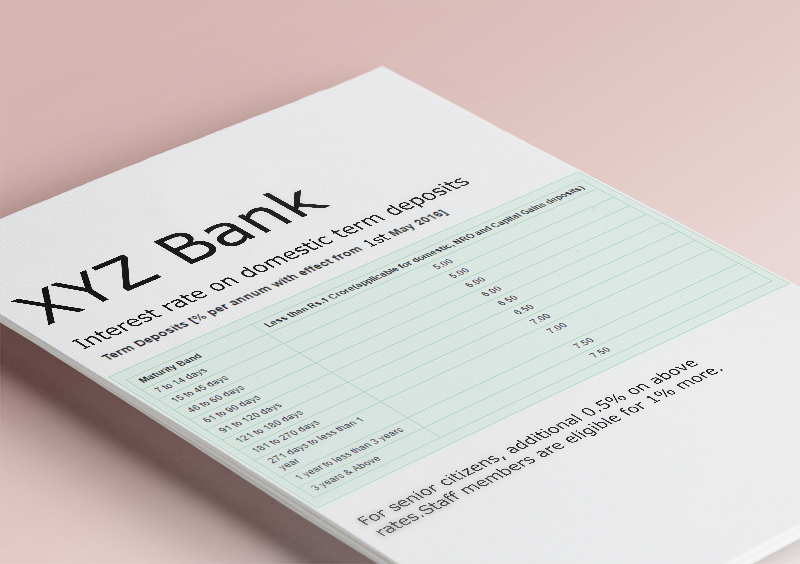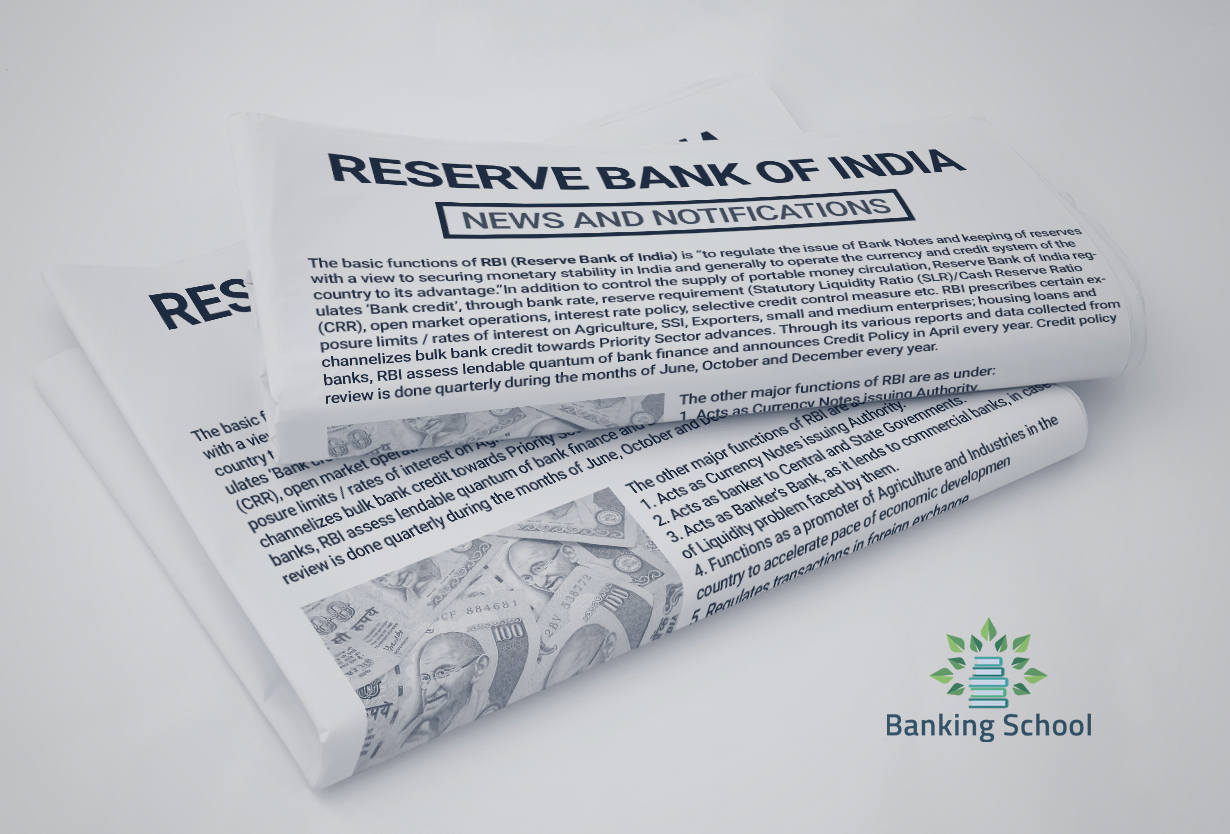Service charges are intended to cover the cost of services provided by the bank. As per RBI guidelines, for basic charges rendered to individuals, banks will levy charges ad valorem subject to a cap. RBI working group recommended service charges shall be fixed on a principle that fixing lower rates for individuals as compared to non-individual entities, lower rates for special categories of individuals such as senior citizens, rural customers, pensioners, and the like. The service charges should be reasonable and not higher than the average cost of providing the service. Further, banks should also avoid penalizing customers with low activity levels.
Banks should have a transparent policy for service charges that’s approved by their board. They should also display service charge details in their branches and on their websites in a format approved by the RBI.
Banks should use technology to ensure that SMS alert charges are based on actual usage and that all customers are charged the same.
The RBI has also issued guidelines for specific services, such as cash handling and ECS:
Cash handling: Banks can charge Rs 2 per 100-piece packet of cash deposited with their currency chest by non-currency chest branches.
ECS: Banks can charge Rs 25 for local ECS and Rs 200 for outstation ECS.
As per the Reserve Bank of India (RBI) guidelines banks need to inform about changes in rates or charges to their customer one month before implementation. RBI vide its circular dated September 7, 1999, had given freedom to banks to decide service charges for various services offered to customers.
As regards monitoring of compliance to the Code by banks, the Working Group has recommended that BCSBI may collect from the member banks details of complaints relating to the service charges. The Working Group also suggests that BCSBI may track the changes in the levels of the service charges to identify any abnormal increases. BCSBI may look to feedback from consumer organisations and customer surveys to identify areas of significant non-compliance.
Recommendations of the Working Group as accepted by RBI
Banks are advised to identify the basic banking services based on broad parameters indicated by the Working Group. The list provided by the working group is only an indicative one and banks may, at their discretion, include within the category of basic services such additional services as they may consider appropriate.
Banking services that are ordinarily availed by individuals in the middle and lower segments will be the first parameter. These will comprise services related to deposit/loan accounts, remittance services, and collection services. When the above transactions occur in different delivery channels, for pricing, they may be treated on a separate footing.
(B) Value of transactions:
The low value of transactions with customers/public up to the ceiling as given below wills the second parameter:
Remittances up to Rs.10,000/- in each instance
Collections below Rs.10,000/- in each instance
(Foreign exchange transactions valued up to $ 500/-)
Based on the two parameters, the Working Group recommends enumeration of the following as the basic banking services. Banks, may at their discretion, include within the category of basic services such additional services as they consider appropriate.
Service Relating to Deposit Accounts:
- Chequebook facility,
- Issue of Pass Book (or Statement)/Issue of Balance Certificate,
- Issue of duplicate passbook or statement,
- ATM Cards,
- Debit cards (electronic cheque),
- Stop payment,
- Balance enquiry,
- Account closure,
- Cheque Return – Inward (cheque received for payment),
- Signature verification,
Relating to Loan Accounts:
- No dues certificate,
Service relating to Remittance Facilities (including through other banks) (Rupee or foreign exchange):
- Demand Draft- Issue,
- Demand Draft- Cancellation,
- Demand Draft- Revalidation,
- Demand Draft- Duplicate Issuance,
- Payment Order (Banker’s Cheque)– Issue,
- Payment Order (Banker’s Cheque) – Cancellation,
- Payment Order (Banker’s Cheque) – Revalidation,
- Payment Order (Banker’s Cheque) – Duplicate Issuance,
- Telegraphic Transfer – Issue,
- Telegraphic Transfer-Cancellation,
- Telegraphic Transfer – Duplicate Issuance,
- Payment by Electronic Clearing Services (ECS),
- Transfer by National Electronic Fund Transfer (NFET) and Electronic Funds Transfer (EFT)
Service relating to Collection facilities:
- Collection of Local cheques,
- Collection of Outstation cheques,
- Cheque Return-Outward (cheque deposited for collection),
It is observed that some of the banks do not levy charges on each product or service. Products and services are bundled and offered to a customer as a composite offering. The bank recovers the cost of these operations through net interest income. The bank achieves break-even levels through higher average balances in customer accounts which yield healthy interest margins or by imposing charges for keeping inadequate balances. In so far as the basic services are concerned, the banks’ objective should be to ensure that these are made available to the users at reasonable prices/charges, and towards this; the basic services should be delivered outside the scope of the bundled products.
The Working Group has also recommended banks should provide individual customers with complete information on all charges applicable to basic services and any proposed changes in charges promptly. Banks may be required to inform the customers in an appropriate manner of recovery of service charges. Banks may also be required to inform customers in all cases when a transaction initiated by the bank itself results in or is likely to lead to a shortfall in the minimum balance required to be maintained. Banks will collect for services given to individuals only such charges that have been notified to the customer.
Related Posts:





